Find Peace and Tranquility With The Perfect Meditation Plants
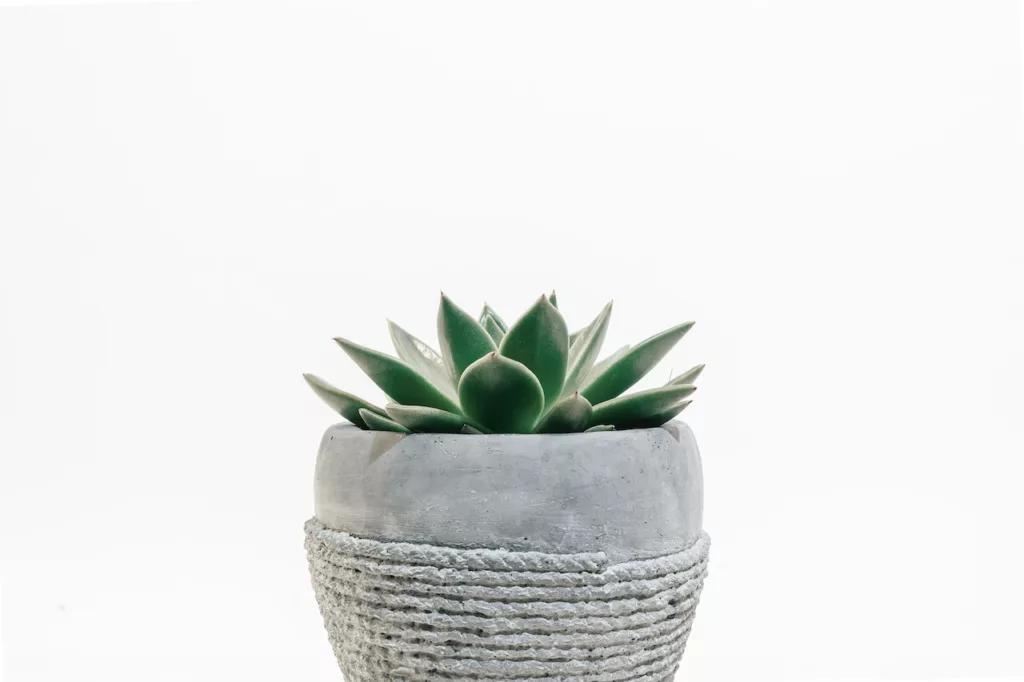
Are you looking to bring peace, tranquility, and balance into your life? Plants can be a powerful tool in meditation rooms to help create an atmosphere of calm and relaxation. From aromatic plants like lavender to money trees that attract positivity, discover how plants can enrich your meditation experience with their beauty, symbolism, and aromatherapy. Let’s look at the benefits of using plants for meditation and find the perfect plants for your space!
Key Takeaways
- Plants in a meditation space improve air quality by absorbing pollutants and releasing oxygen.
- Interacting with plants reduces stress and boosts serotonin levels, promoting relaxation.
- Plants serve as a reminder to care for oneself and contribute to overall well-being in meditation.
- Choosing plants that are easy to care for and align with intentions can enhance the meditation experience.
Benefits of Plants in a Meditation Room
Plants in a meditation room can help reduce stress, boost serotonin levels, and clean the air, making them beneficial for relaxation. Popular meditation plants like basil and lucky bamboo are known to dispel negativity and attract positive energy while lavender helps reduce stress levels.
Creating a serene environment with houseplants can also improve air quality by absorbing pollutants and releasing oxygen. Using plants for relaxation during meditation is essential since they remind us of balance and form while promoting mindfulness.
The role of plants in mindfulness is vital as it provides structure to the space while inspiring us to take care of ourselves. Plants can be used to filter the air or create a privacy screen which adds natural beauty to your space. Additionally, adding scented plants like jasmine or rosemary can offer aromatherapy benefits during your practice. Therefore, incorporating plants into your meditation space will not only enhance relaxation but can also help promote good health and well-being.
Recommended Plants for Meditation Spaces
Adding a few houseplants to your space can help create a calming atmosphere and reduce stress levels. Plant selection is key when designing your meditation space. Choose plants that will thrive in your environment, as well as those which are symbolic of the intentions you want to bring into the space.
Top Essential Meditation Plants for a Calming Sanctuary
Enhance your meditation practice with the power of nature by incorporating essential meditation plants into your space. These plants not only add beauty and visual appeal but also promote a calming and relaxing atmosphere. From aromatic plants like lavender to energy-boosting money trees, discover our recommended list of essential meditation plants that can heighten your overall experience.
Lavender:

Known for its calming properties, lavender is a popular choice for meditation. Its soothing scent can help reduce stress and promote relaxation.
Peace Lily:
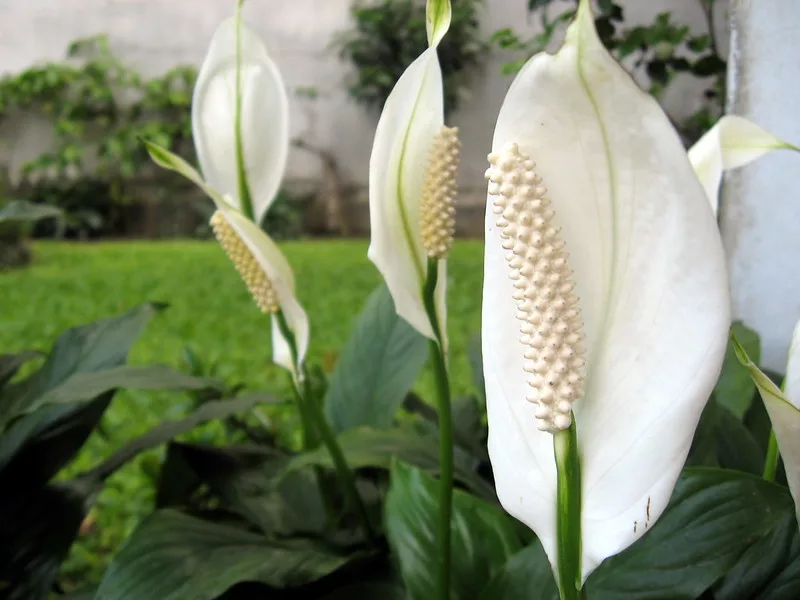
This plant is not only visually appealing, but it also helps purify the air, creating a fresh and clean environment for your meditation practice.
Snake Plant:
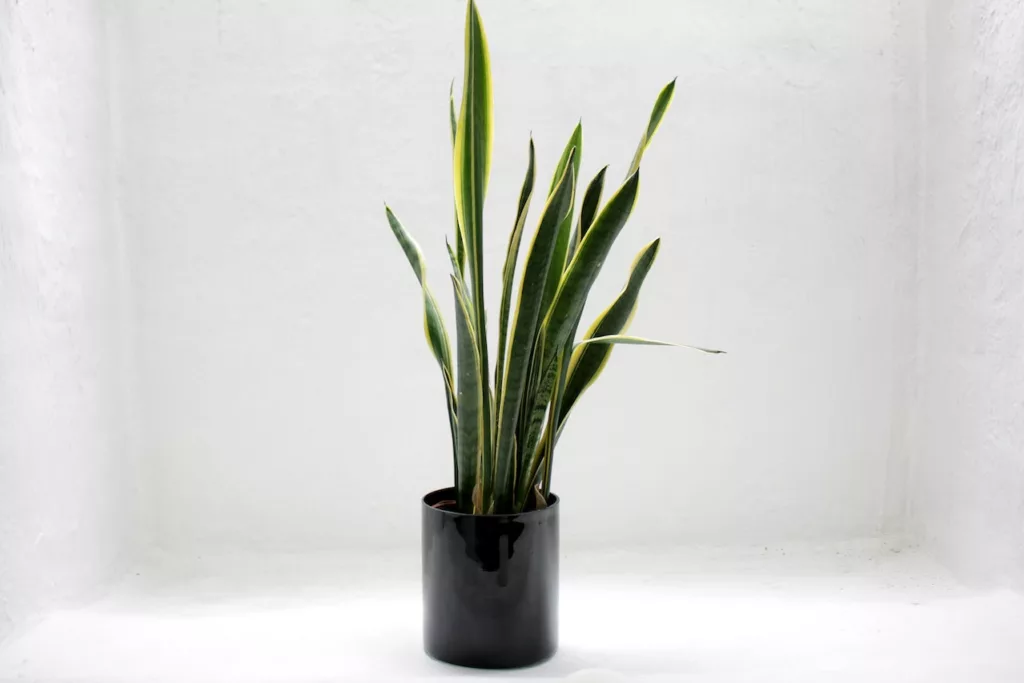
Also known as Mother-in-law’s tongue, the snake plant is an excellent choice for beginners. It releases oxygen at night, making it ideal for improving air quality in your meditation space.
Aloe Vera:
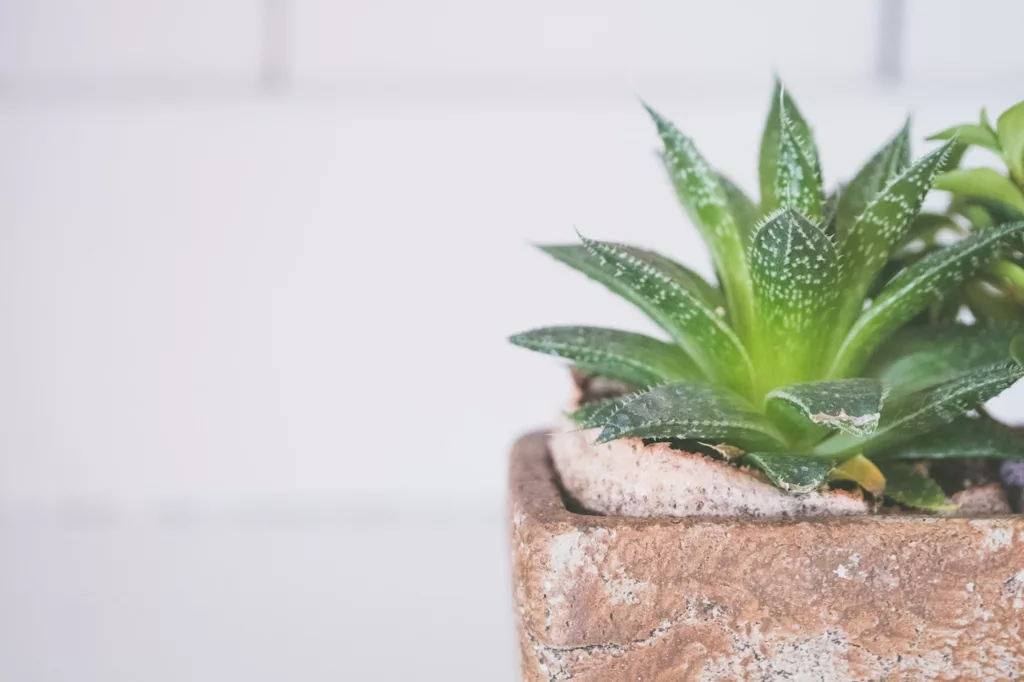
Aloe vera not only has healing properties for the skin but also promotes positive energy. Its presence can help create a peaceful and grounding atmosphere.
Money Tree:
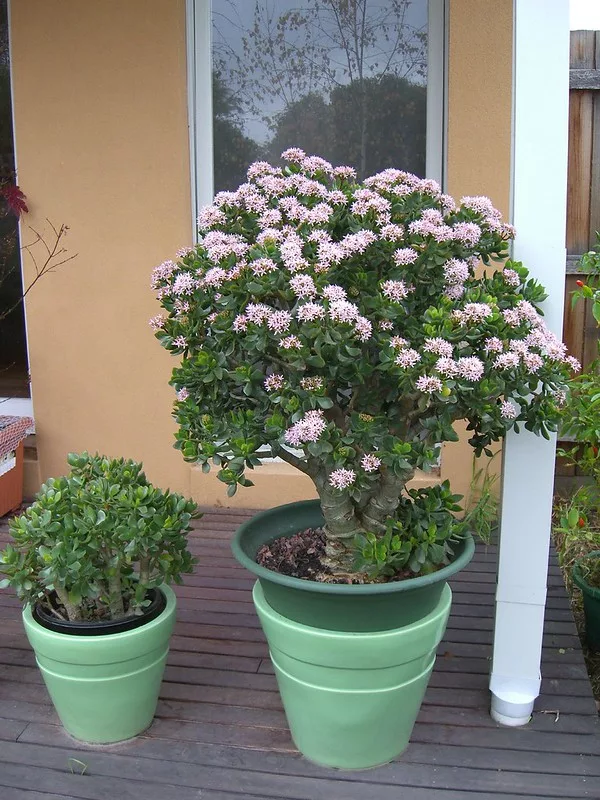
The money tree is believed to bring good luck and prosperity. It’s a low-maintenance plant that adds beauty and positivity to your meditation area.
Golden Pothos:
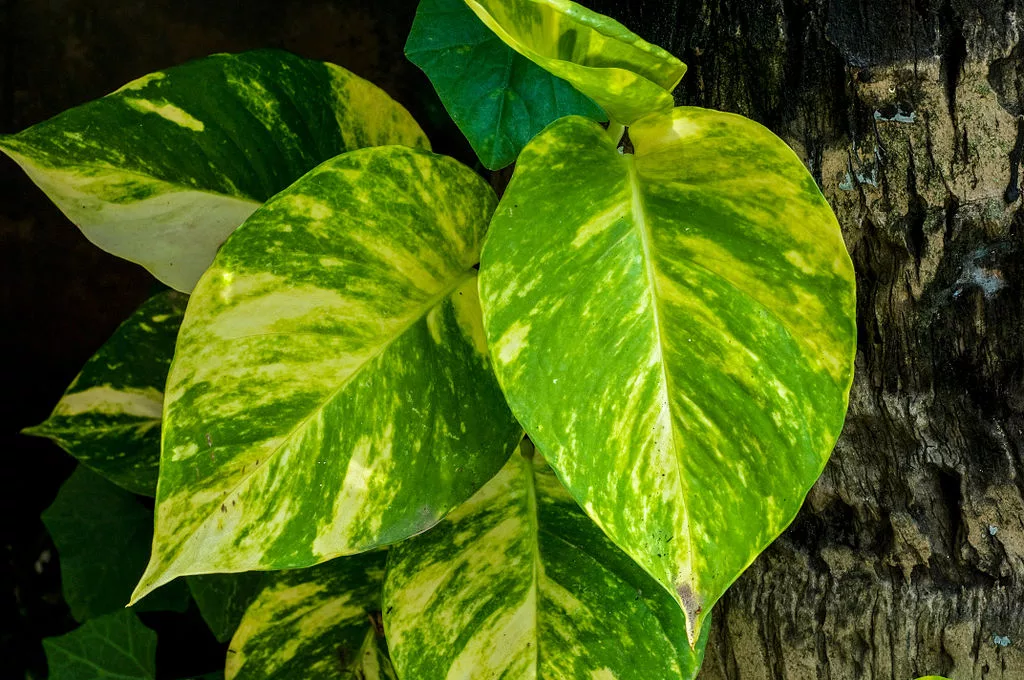
This trailing vine plant is easy to care for and can thrive in low-light conditions. Its vibrant green leaves symbolize growth and abundance, making it a perfect addition to your meditation space.
Jasmine:
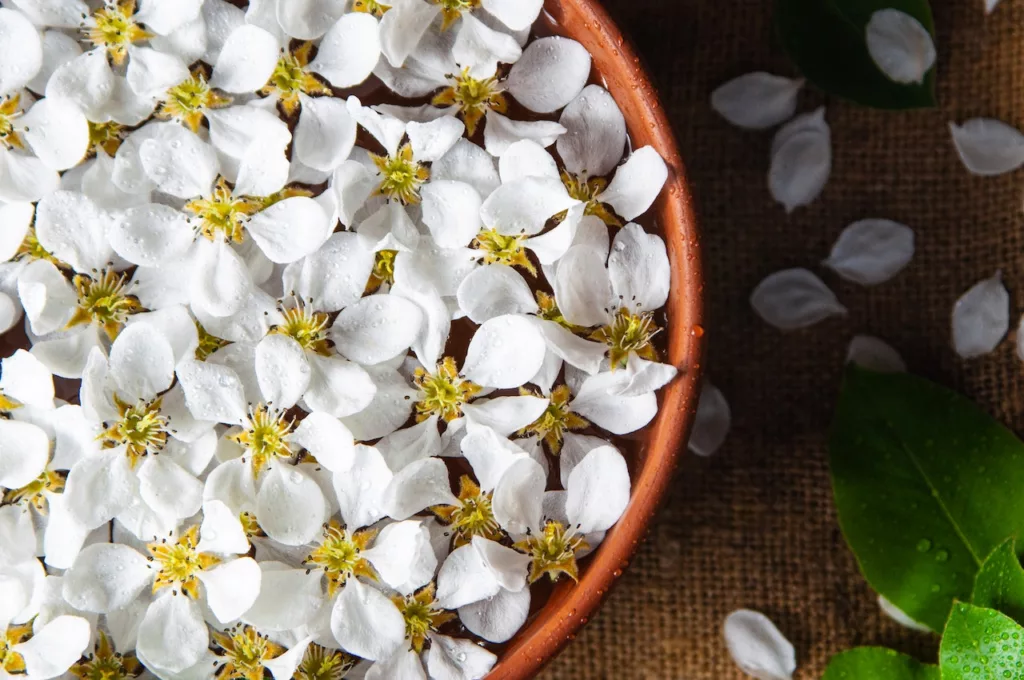
Jasmine has a sweet and intoxicating scent that can enhance your meditation experience. It promotes relaxation and helps create a sense of calm and tranquility.
Rosemary:
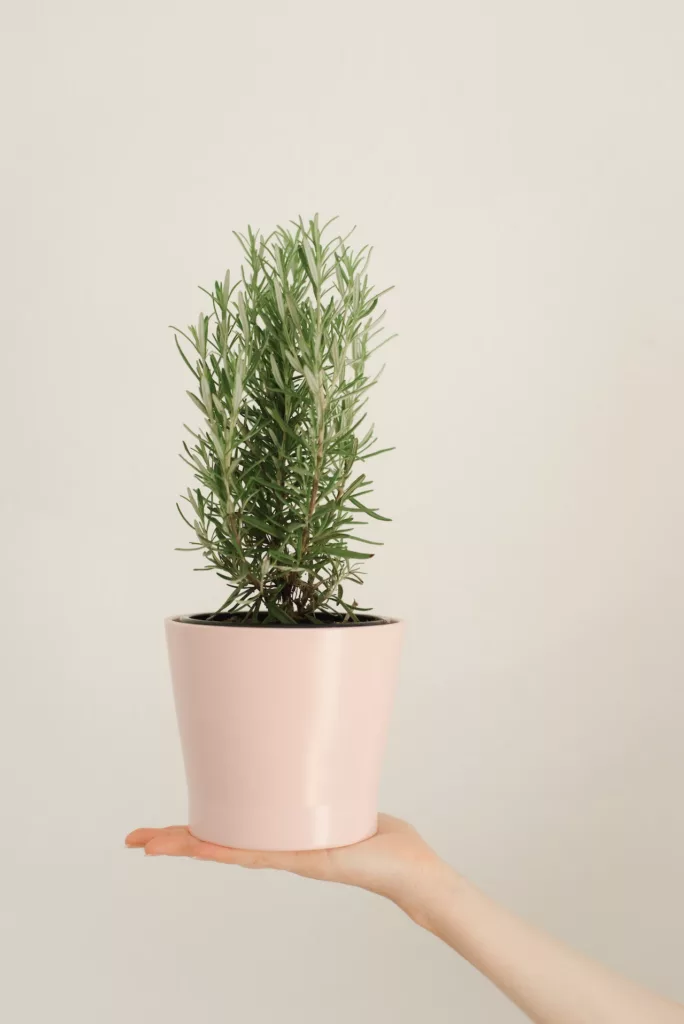
Rosemary is known for its uplifting and invigorating scent. It can stimulate focus and clarity during meditation, helping you stay present in the moment.
Bamboo:
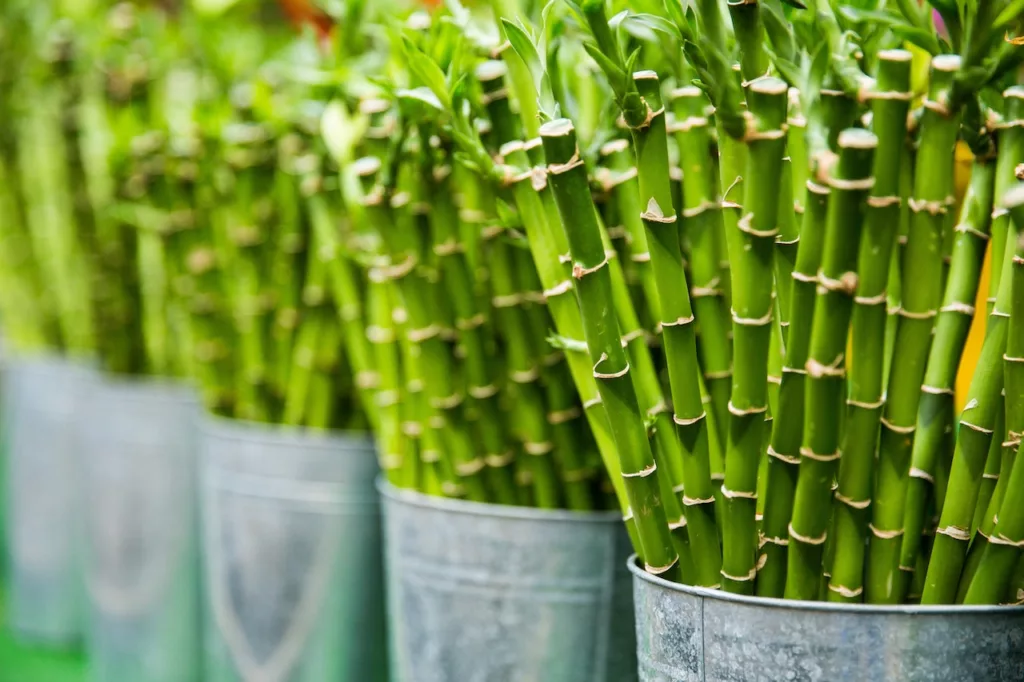
Bamboo symbolizes growth, flexibility, and strength. It brings a sense of peace and balance to your meditation space, making it an excellent choice for enhancing your practice.
Spider Plant:
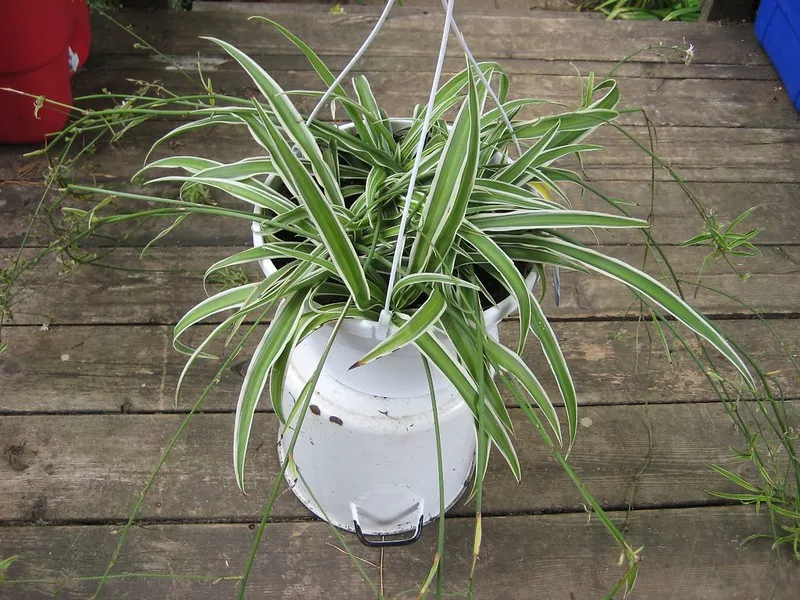
Spider plants are known for their air purifying qualities and resilience. They are easy to care for and can thrive in various conditions, making them a versatile choice for your meditation area.
Remember to choose plants that resonate with you personally and align with your intentions for your meditation practice. Creating a serene and calming atmosphere with these essential meditation plants can enhance your overall experience and promote peace and tranquility.
Care tips
Care tips should be taken into account when selecting plants for your meditation area; some require more water or sunlight than others, so make sure to research their needs before buying them. Plant placement is also important; consider arranging plants on shelves or tabletops and using them as privacy screens or separators within the room.
The benefits of greenery in a meditation space go beyond just aesthetics – plants improve air quality by absorbing pollutants and releasing oxygen, they serve as reminders of balance and form in yoga practice, and provide an opportunity for plant meditation during mindfulness activities. Creating a serene environment with beautiful greens will not only enhance your practice but also boost serotonin levels and relax the nervous system.
Designing Your Meditation Space With Plants
When designing your space, pick plants that will thrive in your environment and reflect the intentions you want to bring into the room. The use of plants can create a serene space for meditation and provide many benefits. Here are 3 tips on using plants to design your meditation space:
- Plant Arrangement: Place plants on shelves or tabletops around the room to connect with nature and create a pleasing atmosphere. Consider adding privacy screens or separation within the room using houseplants.
- Aromatherapy Options: Add scented plants for aromatherapy during meditation as these can help reduce stress levels, induce relaxation, and boost serotonin levels. Popular options include lavender, mint, jasmine, and rosemary.
- Choosing the Right Plants: Choose plants that are easy to care for while still spreading positivity and removing negativity from the air such as bamboo palms, snake plant, aloe vera, lucky bamboo, jade plant, basil (tulsi) or mint plant etc.. This will ensure your space remains clean and inviting while providing calming energy during practice.
Aromatic Plants for Meditation Spaces
Enhance your meditation experience by incorporating aromatic plants into your space. Aromatic plants can be used to create a calming atmosphere, while also adding to the beauty of the area. Scented meditation plants such as jasmine, scented geraniums, lavender, and rosemary are great options for aromatherapy during your practice. The benefits of using these plants include relaxation and stress relief as well as increasing focus on positive thoughts during meditation. Additionally, the aroma of the plants can act as an anchor to keep you grounded in your practice.
These scents help to enhance the overall atmosphere of your meditation space and make it easier for you to relax and meditate. Incorporating fragrant plants into your area is one way to promote a more enjoyable experience overall. With their natural beauty and soothing smells, they are sure to bring a sense of peace that will elevate your practice. By utilizing these aromatic plants in combination with other types of meditation plants, you are sure to have an optimal environment for deep relaxation and connection with yourself.
Plants That Attract Positive Vibes
Incorporating plants that attract positive vibes into your space can help bring joy and luck while also purifying the air. When looking for plants to enhance a positive atmosphere, consider Jade Plant, Bamboo, Rosemary, Mint and Lavender.
The Jade Plant is a symbol of joy and luck that attracts positive vibes and purifies the air. Bamboo symbolizes growth and overcoming problems; it’s fast-growing nature helps in outgrowing all difficulties. Rosemary keeps negative vibes away from the area, making it perfect for an entrance of a meditation room or yoga studio. Mint refreshes the atmosphere while being considered as a symbol of revival – locking in good energy while removing any bad ones.
Finally, Lavender is known for its gorgeous flowers which reduce toxins and induce relaxation – making it one of the most popular anti-anxiety plants around! Adding these plants to your meditation space will help you create the perfect atmosphere for focusing on positivity while still repelling negativity.
Plants That Repel Negativity
For a peaceful space, choose plants that repel negativity and promote positive energy.
- Rosemary is one such plant – it keeps negative vibes far away and makes an ideal choice for the entrance of the meditation room.
- Mint can also be used to refresh the atmosphere while symbolizing revival, removing bad vibes and locking in good ones.
- Jade Plant is another great option: it’s a symbol of joy and luck that attracts positive vibes as well as purifying the air.
- Bamboo is another plant known for its symbolic meaning of growth and overcoming problems; it’s a fast-growing plant that helps outgrow all problems.
All these plants are perfect for creating a peaceful environment that promotes positivity while removing any unwanted negativity. Transitioning into the next section, meditation has always had a connection with nature – by being surrounded by plants this connection can be strengthened, bringing peace, balance and mindfulness to the practice.
Connection Between Meditation and Nature
Surrounding yourself with nature can help you relax and find inner peace. Connecting to the natural world helps bring harmony and serenity into your life, which is especially beneficial for meditation practice. When you meditate outdoors, such as in a garden or park, you’ll benefit from being surrounded by plants in addition to the calming beauty of nature.
Plants not only add visual appeal but also aid in relaxation by providing oxygen and filtering out pollutants. Mindfulness is enhanced when observing plants growing or just simply taking notice of their presence around you. Nature has its own energy that can be harnessed while meditating, creating a peaceful atmosphere that helps foster inner peace.
| Connection | Serenity |
|---|---|
| Nature | Inner Peace |
| Meditation | Outdoor Spaces |
| Plants | Mindfulness |
| Harmony | Natural World |
The connection between meditation and nature provides an opportunity to connect with yourself on a deeper level through self-reflection and awareness. Enjoying the beauty of outdoor spaces can help create an environment of balance and harmony with the natural world, allowing for greater relaxation during meditation sessions.
Importance of a Meditation Room
Having a dedicated meditation space is an important way to enhance your meditation experience and provide a peaceful environment for relaxation. It offers the opportunity to create a serene atmosphere free of distractions and foster inner peace. Having plants in the room can help you achieve this goal by providing sensory stimulation, enhancing mindfulness, and promoting relaxation. By incorporating plants into your meditation space, you can cultivate positive energy while gaining deeper insight into your practice.
Plants serve as natural air purifiers and offer many benefits within a meditative environment such as reducing stress levels, improving air quality, creating visual beauty, and inspiring mindful moments. Additionally, they provide calming aromas that can aid in further relaxation.
Incorporating plants into your meditation room is essential for creating a tranquil atmosphere and deepening your practice. They add life to the room while helping reduce stress levels and promote healthy living habits. Plants also bring balance to the space and remind us to be mindful of our surroundings while meditating for maximum benefit.
Overall, having plants in your meditation room helps create an inviting atmosphere that encourages relaxation while cultivating positive energy. Incorporating plants into your practice is beneficial for enhancing mindfulness, fostering inner peace, promoting relaxation, and creating a serene atmosphere conducive to achieving deeper mental states during meditation sessions.
Frequently Asked Questions
What Type of Music Should I Play in My Meditation Room?
For a soothing meditation experience, try playing some ambient music from various genres. This can help relax your mind and body while providing mental benefits. As you’re playing the music, also take care of your plants to complete the calming atmosphere.
How Often Should I Water My Meditation Plants?
Watering your plants in a meditation room depends on their type and soil. When selecting music, pick something soothing. For most plants, they should be watered thoroughly when the top inch of soil is dry. Choose plants that are low-maintenance and fit the design of the room to make watering easier.
Is It Necessary to Prune My Meditation Plants?
Pruning your plants can help improve their diffuser effects, herbal remedies, and mental clarity. It’s a great relaxation technique to trim them back regularly for mindful snacking and improved air quality in the space.
Are There Any Special Instructions for Setting up My Meditation Space?
Creating a peaceful meditation space requires careful thought and design. To create ambience, use essential oils, lighting design, and room decoration. Incorporate aromatherapy to invoke relaxation and serenity. With these elements in place, you can craft an inviting oasis of calmness.
What Is the Best Time of Day to Practice Meditation?
The best time to practice meditation is in the morning, when you can stay focused and mindful of your breathing. Trusting your intuition and finding inner peace will help calm any anxiety you may have.
Conclusion
You can truly reap the benefits of having plants in your meditation space. From purifying the air to boosting serotonin levels and creating a calming atmosphere, plants are an essential part of any meditative practice.
Plus, with so many options available, there is sure to be a plant that resonates with you personally. Just think about the feeling of connecting with nature in your own personal sanctuary—the sun shining through as you sit amongst lush greenery and breathe in sweet-smelling aromas. It’s a magical experience that can help bring balance and peace to your mind, body, and soul.






